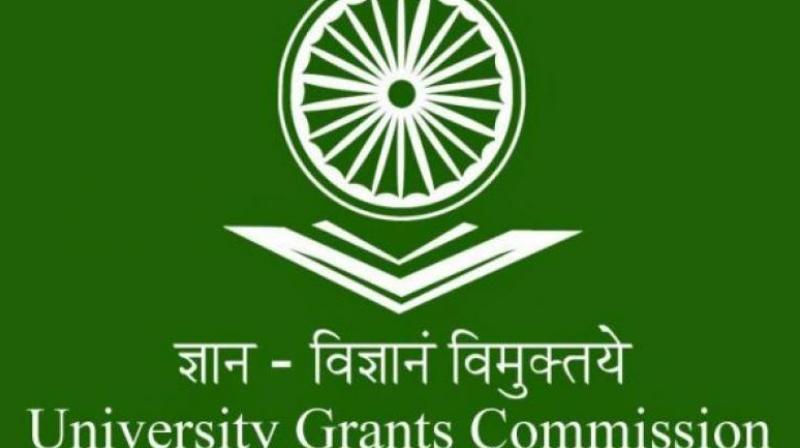Lens on PhDs awarded in last 10 years
Complaints of substandard research have triggered UGC move.

Hyderabad: PhD theses for which doctoral degrees have been awarded in the last 10 years by institutions in India are going to be reviewed, according to the University Grants Commission (UGC).
The review has come against the backdrop of constant complaints from academics that the quality of the research is not of international standards and there is a lot of duplication of papers.
The UGC has decided that the doctoral subjects to be taken up by various universities and institutes will be scrutinised by a committee before permission is given to carry out the research.
A senior scientist at IICT-CSIR who does not want to be named, said, “The review is going to hit state universities and institutions where the standard and quality of research is not as desired. They do not have good laboratories for their research subjects and it is not carried out as required. The premier institutes in the country are not going to be affected.”
M. Vijay, a research scholar, said, “The subjects of research are based on the assessment of what is presently being faced in society in humanities and arts. In science it is based on new diseases and there is now a renewed thrust on basic science research. Hence the government has to look into the number of professors available for quality research. It requires infrastructure.”
The UGC will now invite the proposals and study them over a period of six months before giving permissions for research.
The UGC will not only be looking into the research subjects in Central and state universities but also in private and deemed universities over the last 10 years.
While the concern for quality is commendable, the UGC must not dictate the subjects for research. The subjects depend on a lot of factors and are subjective in nature and directly co-related to society. The UGC wants educational institutions to submit details of the capabilities, track record, procedure adopted and also budget estimates for conducting various research studies in the country.
It has not, however, concerned itself with the fact that Ph.D. scholars all across the country in both Central universities and IITs have been protesting as their monthly stipend has not been paid by the central government. The stipend has not been increased either.
In March this year, the UGC cut the budget for Women’s Studies Centres in colleges and universities across the country, and now the centres themselves have been cut by 40 per cent, which will have a major impact on women’s studies. The reduction in funding will prevent many women from studying.
The Women’s Studies Centres in universities were meant to promote and strengthen women’s empowerment through research, teaching, action, field work and extension.
The courses on different subjects have now been cut down drastically and that will affect the research that is carried out. The new guidelines have not mentioned post-graduate and M.Phil. programmes that are being offered in more than 50 colleges across the country affiliated to different universities.
Rekha Pande, head of the Centre for Women’s Studies, professor of department of history, University of Hyderabad, explained, “The new guidelines for teaching and training were already a blow for women’s study centres. The review by UGC to check the post-graduate courses offered in the last 10 years and assess their quality is retrospective in nature. There is a need to aid research.”
The women’s centres state that most of the subjects that deal with women appear vague and difficult to understand. These are then relegated to the background rather than finding space in society.

